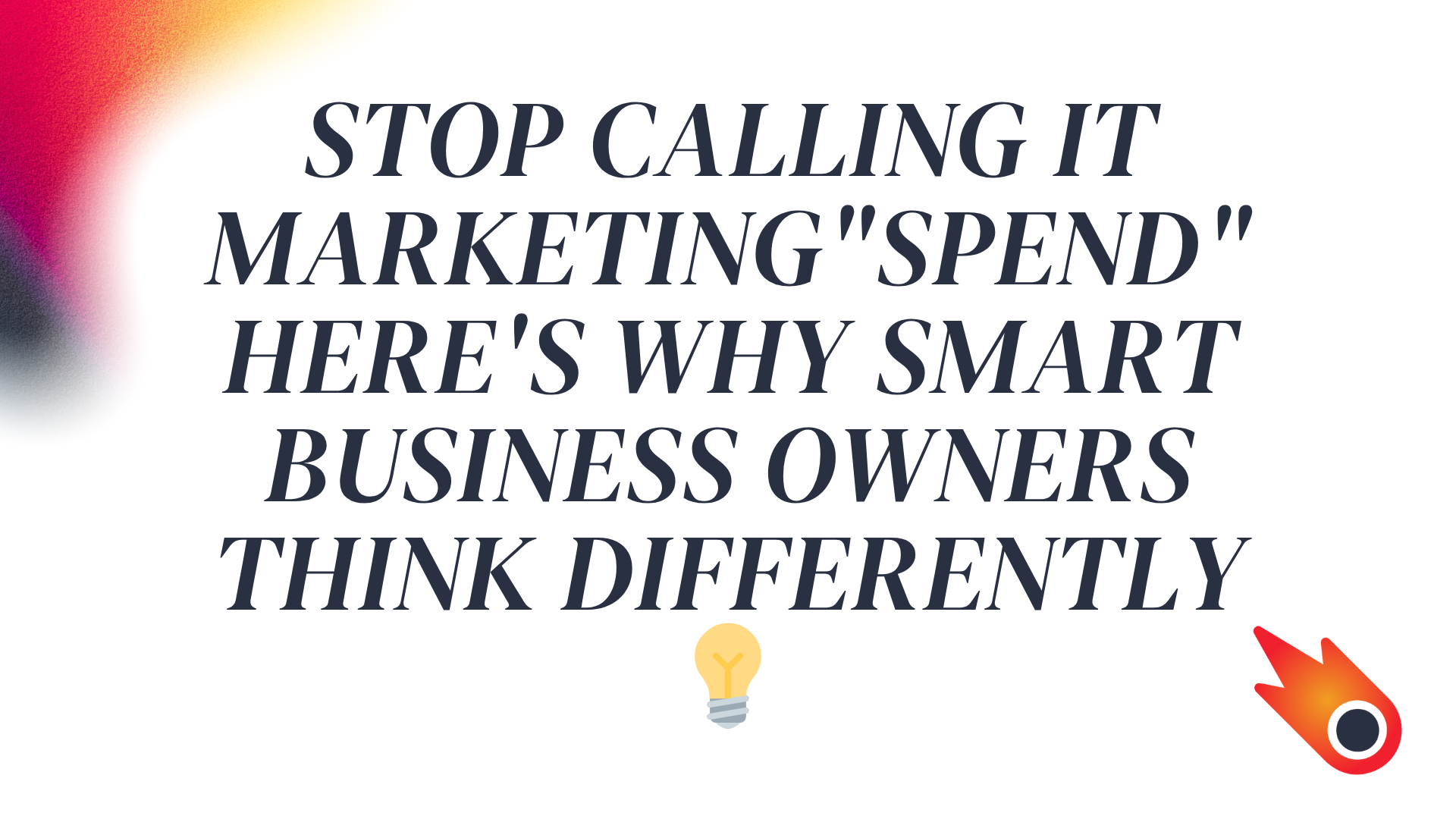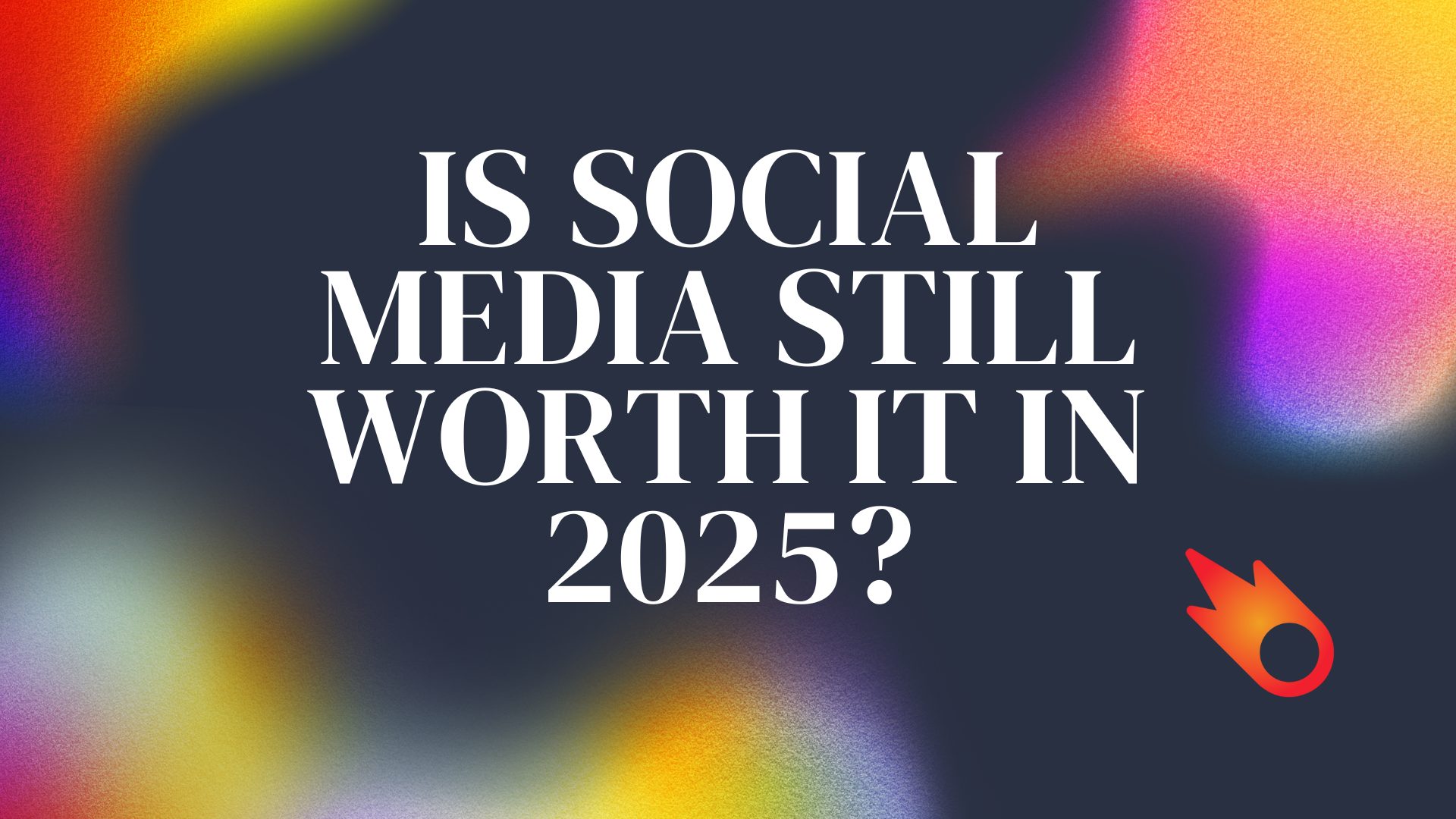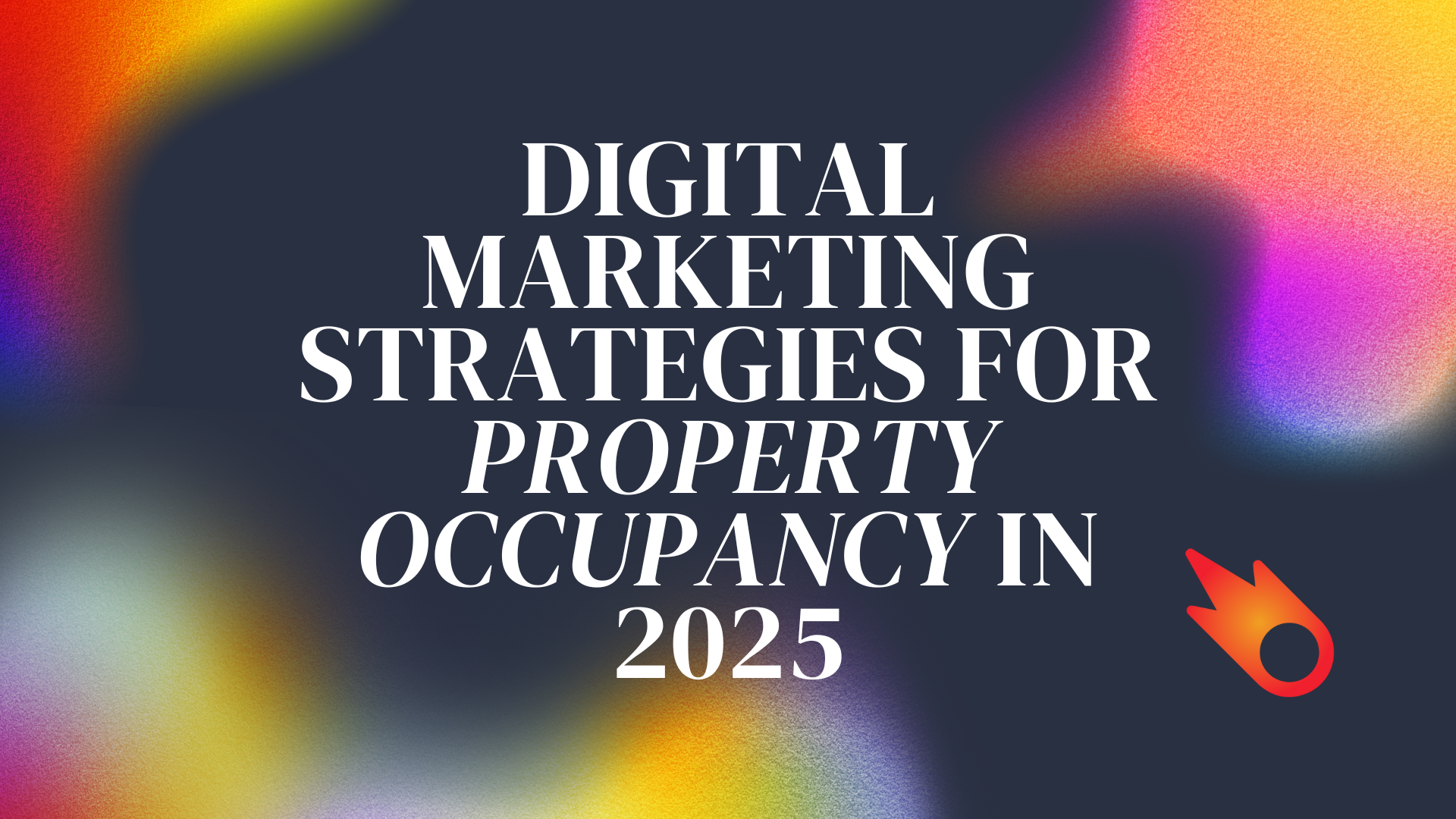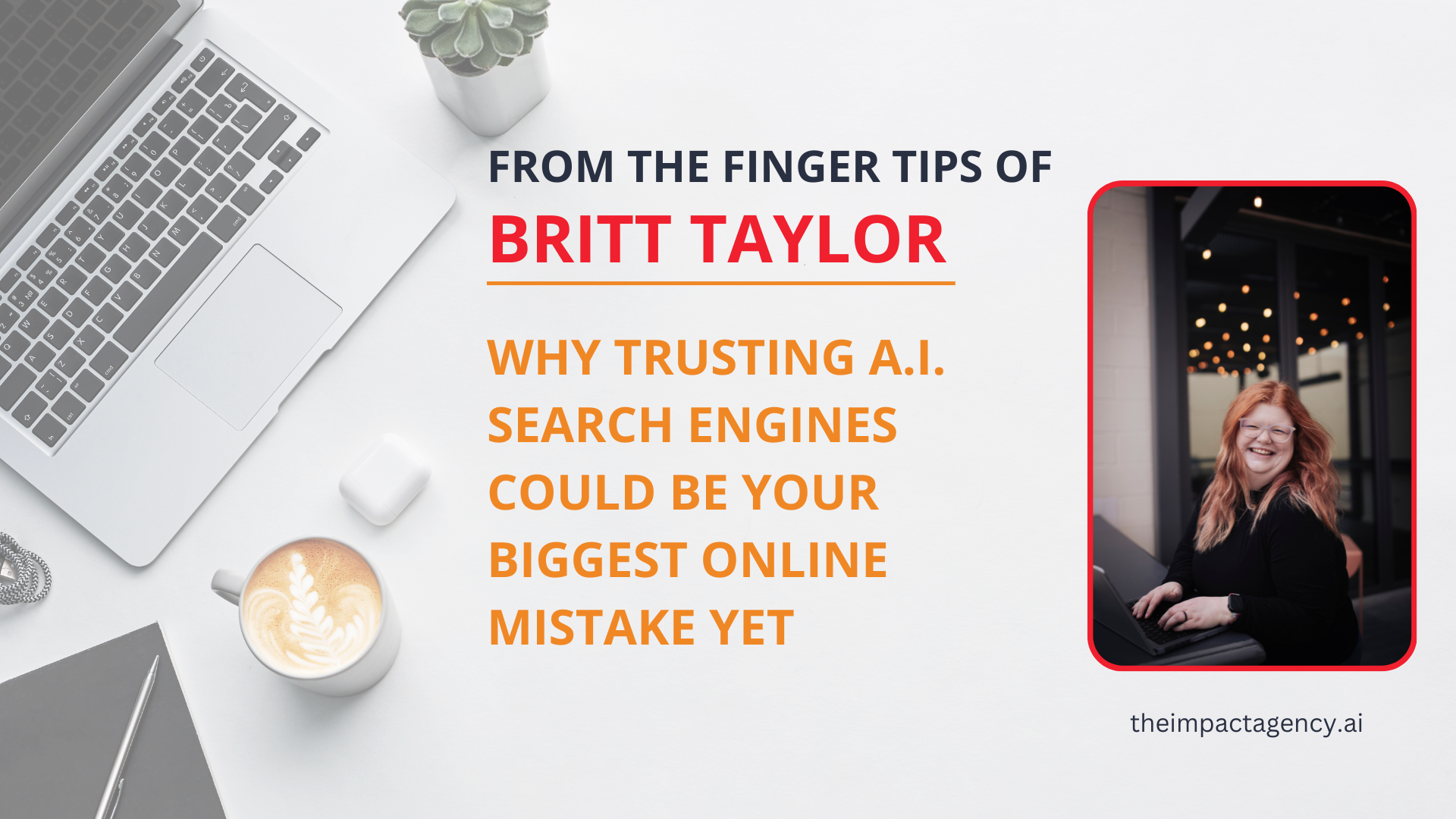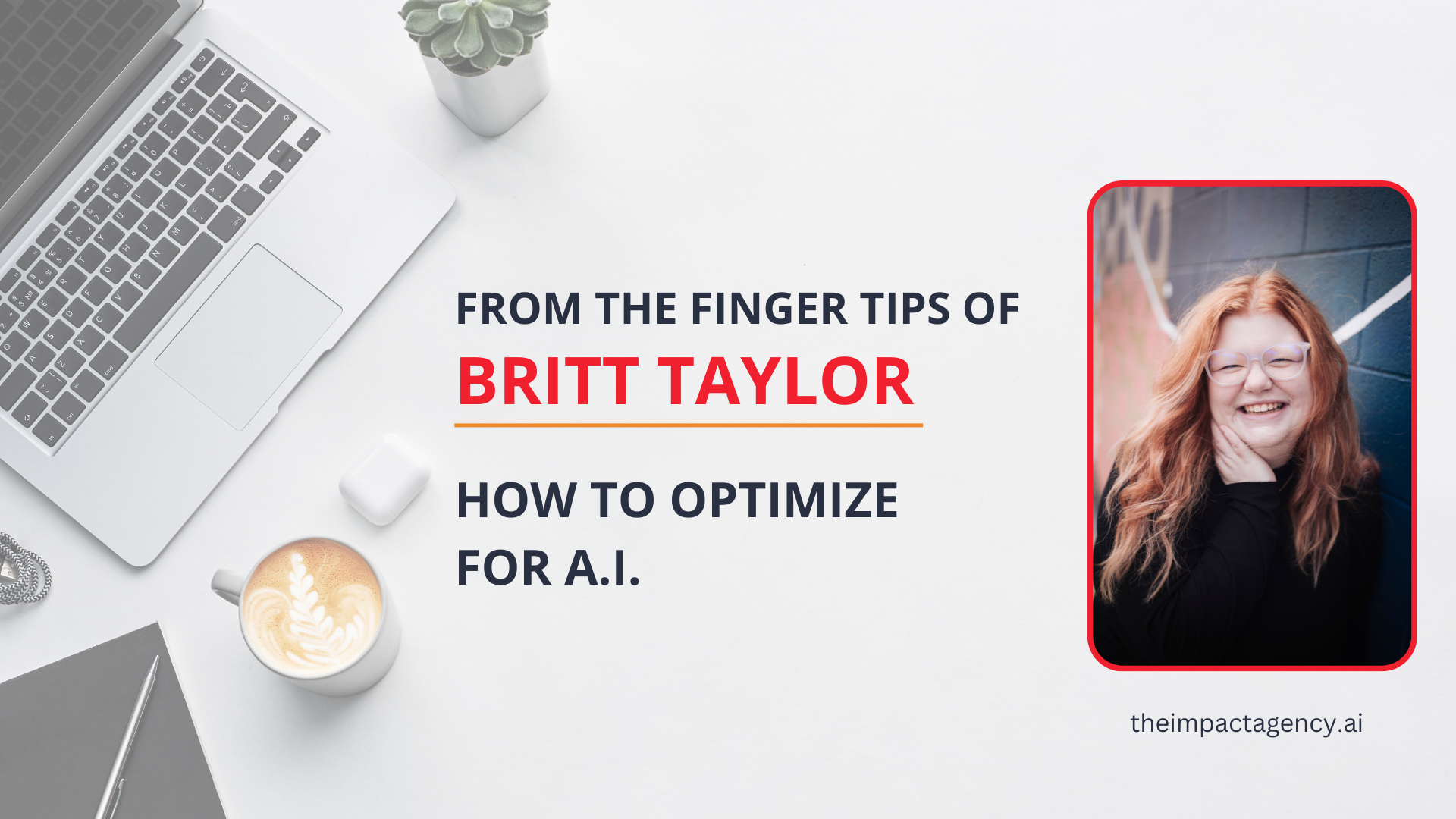Beliefs are not a reliable criteria for reality
Especially for digital marketing.

In digital marketing, relying on beliefs or gut feelings can lead to costly missteps. It’s easy to assume that a certain strategy will work simply because it feels right or has worked before. However, the digital landscape is constantly evolving, and what matters most is what the data actually shows-not what we believe to be true.
Why Beliefs Don’t Guarantee Digital Marketing Success
Beliefs are shaped by past experiences, intuition, and sometimes even wishful thinking. But digital marketing thrives on evidence and measurable results.
For example, it’s common to believe that a particular social media platform is the best place to reach an audience, only to discover through analytics that most leads are coming from search engines or email campaigns instead.
Key takeaway:
Let data, not assumptions, guide your digital marketing strategy.
Free Ways to Strengthen Your Digital Marketing Approach
There are free resources and tools available to help anyone sharpen their digital marketing skills and make more informed decisions:
- Online Marketing Courses: Explore free online courses that cover everything from SEO to social media strategy and content marketing.
- Webinars and Tutorials: Take advantage of free webinars and step-by-step tutorials to stay updated on the latest digital trends and tools.
- Industry Blogs and Newsletters: Subscribe to reputable marketing blogs and newsletters for ongoing tips, case studies, and actionable insights. (pro tip: subscribe to THIS blog)
- Community Forums: Join online marketing communities to ask questions, share experiences, and learn from others’ successes and mistakes.
Actionable Digital Marketing Tips
1. Optimize for Real Search Behavior
Research the actual questions and phrases people use to find products or services like yours. Update website titles, headings, and content to reflect these terms for better visibility.
2. Answer Real Questions
Create blog posts, guides, or videos that address common questions and challenges. Educational content builds trust and attracts organic traffic.
3. Foster Genuine Engagement
Share high-quality visuals, behind-the-scenes content, and stories that resonate. Respond promptly to comments and messages to build relationships and credibility.
4. Personalize and Automate
Segment email lists and tailor messages to specific interests or needs. Use automation to deliver timely updates, promotions, or helpful information.
5. Demonstrate Value
Produce short, informative videos-such as tutorials or product demos-to engage and educate. Take advantage of free or low-cost editing tools to streamline production.
6. Test and Refine
Start with small budgets on platforms like Google or social media ads. Monitor performance closely and adjust campaigns based on real results, not assumptions.
Reality Check: Test, Measure, and Adapt
The most effective digital marketing strategies are built on continuous experimentation and learning. Use analytics to track what’s working and what isn’t. Be willing to pivot when the data challenges your initial beliefs.
Final Thoughts
In digital marketing, reality is defined by results-clicks, conversions, and customer satisfaction-not by beliefs or assumptions. By grounding your strategy in evidence, leveraging free educational resources, and applying proven tactics, it’s possible to achieve measurable, sustainable growth.
Ready to move from belief to reality in your marketing? Connect with The Impact Agency for a data-driven strategy that delivers real results.
For more insights and resources, follow us on LinkedIn The Impact Agency or visit www.theimpactagency.ai.

